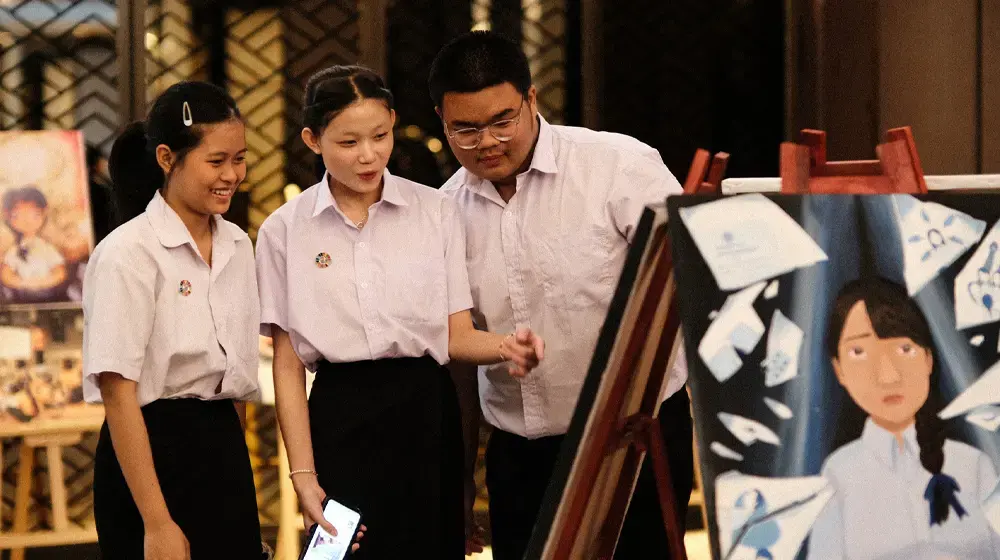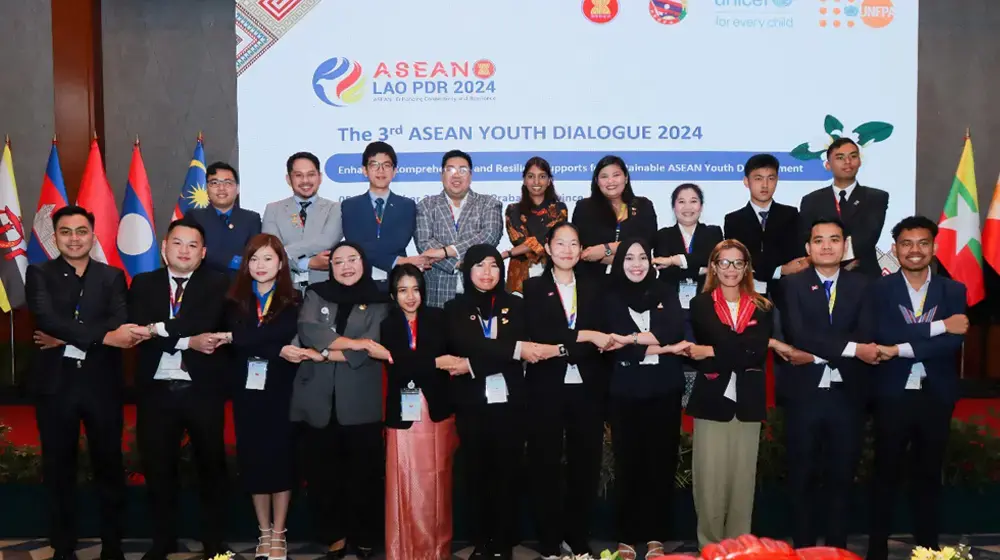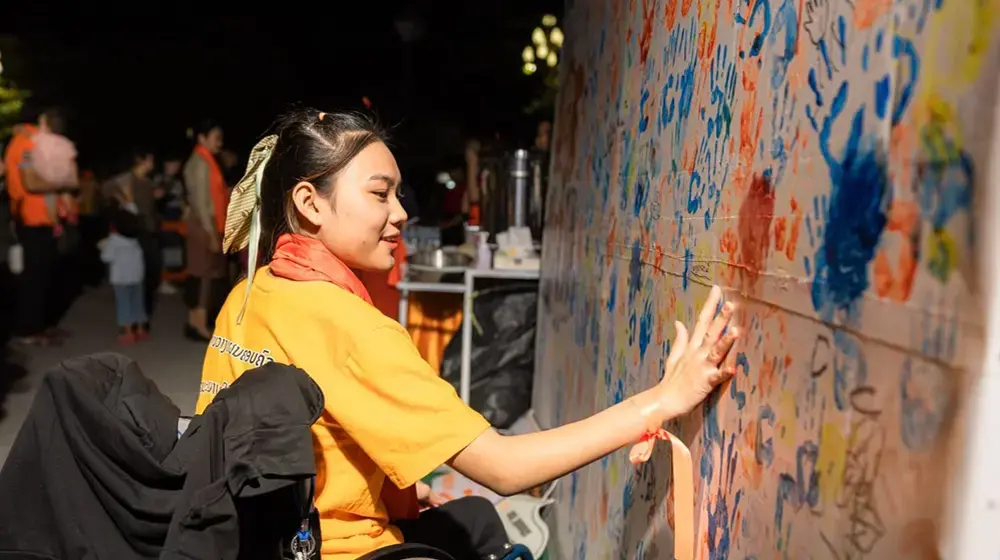I am saddened by the recent news about a young pregnant woman aged 28 in Champasak province who died from COVID19. This tragedy reminds us of how COVID19 disproportionately affects women and girls. Women-centered responses to COVID19 can save lives.
Globally, over 800 women die every day from preventable causes related to pregnancy and childbirth, yet about half of women worldwide are denied the right to decide on their sexual and reproductive health, including seeking health care. More than two hundred million women wish to use contraceptives but do not have access to the services.
In Laos, despite progress, maternal death remains high at 185 deaths per 100,000 as of 2017. Adolescent pregnancy is among the highest in the region, 83/ 1,000 girls aged 15–19 had given birth. At the same time, the unmet need for contraception is 14% for married women and 75 % for unmarried women, while 4 out of 10 girls aged 15-17 are already out of school.
COVID-19 has further exacerbated the challenges, including for sexual and reproductive health services. The disruption of these services puts women and girls at high risk of unplanned pregnancies, gender-based violence (GBV), maternal deaths, early marriage and dropping out of school.
As information, resources and services are diverted to COVID-19, women’s specific needs especially for sexual and reproductive health need to be protected from budget and staff cuts. Only then can hard won gains to protect rights of 50% of the population be maintained and continued. It is 2021 and we must learn from lessons of past disasters and design responses that cater to women and girls, those vulnerable, consistently.
This starts by making sure that sexual reproductive health information and services, services for protection and response to gender based violence are maintained and available anytime, everywhere across the country especially during a crisis. It also means we protect the wellbeing of the female health workforce, i.e. 70% of all doctors, nurses and midwives.
The pandemic pushed us and the Ministry of Health to innovate for continuity of sexual and reproductive health services. The very first Telehealth initiative piloted in Luang Prabang is now being adapted for use elsewhere including in quarantine facilities to provide health care. Enabling pregnant and lactating mothers access to relevant information and services while protecting them and health care workers from exposure to the virus.
Working closely with the government and partners to assess the impact, UNFPA advised on gender-responsive interventions. These include providing essential supplies to women and girls at the quarantine centers while scaling up hours for hotline services due to increase in cases of domestic and other gender based abuse and violence.
The pandemic also required that adolescents and young people access mental health and psycho social services. So under the Noi Framework, UNFPA worked with young people, the government, and civil society to take comprehensive sexuality education online and to rapidly expand provision of mental health and psycho-social support. The new normal means youth are online more than ever and so, counselling is online, during hours that work for youth and through apps such as Noi Yakhoo.
I believe that collaborating and building on each other's work, amongst sectors and partners, including civil society organizations, local communities, and private sectors, creates opportunities and solutions that can reach every woman and girl, wherever she may be.
You do not need me to tell you that there is no better time than now to redirect efforts for the protection of women and girls in every sector in every sphere.
UNFPA Laos works with a wide range of partners, adapting and innovating to maximize impact. If you have an idea, reach out, together we can make things better for women and girls!
Mariam A. Khan is the Representative of the United Nations Population Fund in Lao PDR.
UNFPA is the UN's sexual and reproductive health agency, works in over 150 countries including Lao PDR, to achieve zero maternal deaths, zero unmet need for family planning and zero gender-based.
The International Conference on Population and Development (ICPD) Programme of Action is a stepping stone to sustainable development. The Lao government reaffirmed ending maternal death, ending the unmet need for family planning, and ending GBV and harmful practices at ICPD25.





